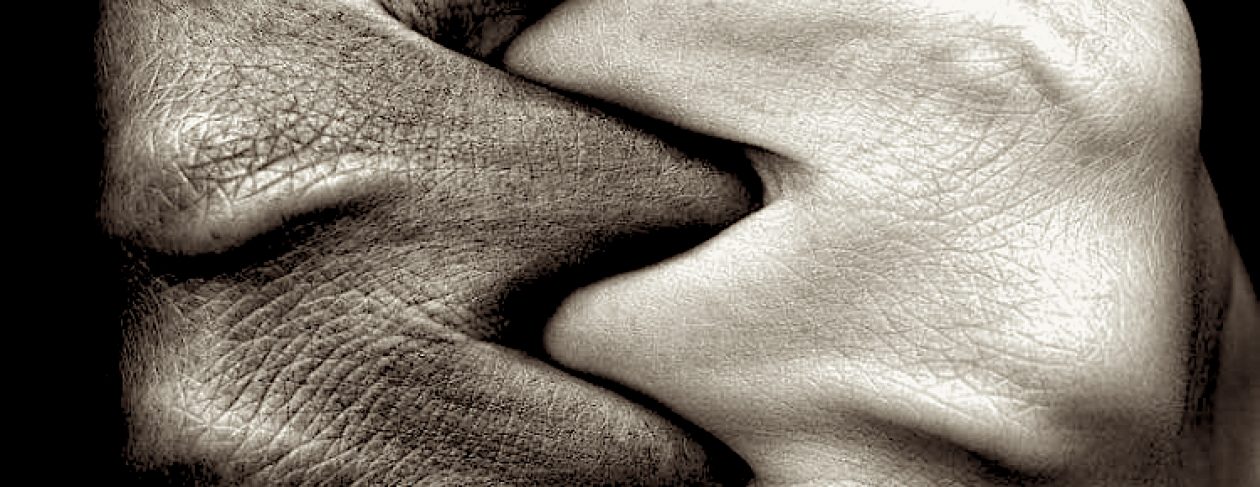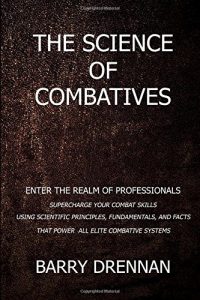Customer Review
5.0 out of 5 stars
By tim b on February 21, 2017
Format: Paperback|Verified Purchase
“To study the old, is to understand the new.” This is a quote that makes perfect sense in the context of this review and the subject matter contained therein. You won’t truly understand that preposition until you have started on that path, and begun that journey. While one may look less favorably on a book that may not deliver to your satisfaction, one must give props to the author for doing two things well: 1) Making you aware of what came before and 2) delivering some insights into that subject matter that you may not have been aware of previously. Here is a student of the study of combatives that served thousands well in it’s day, and with it’s foregone differences based on many things that have changed. Without the seed, the plant would not exist, perhaps? Most true martial artists would not criticize a book like this because it didn’t live up to their expectations. In my experience they would not comment other than respectfully, or not comment at all. This is not martial arts. It has it’s roots there though. I applaud the fact that the author’s main purpose is to keep the ‘old’ alive and relevant. It serves it’s purpose, even if/when modified. He’s not pushing an agenda, he’s promoting something he loves and respects, and because his real-world experience has proven fruitful where his martial arts failed. To study the old – this is what this book is about. It’s a system that has it’s roots in China, 1930’s and actually well before. This system was designed around some old martial arts techniques and some new techniques devised for effectiveness based on the realities of the day and to whom they were applied and why they were applied – reality-based, truly. If you take the time and make the effort you will surely be rewarded with new insights. If you look at systems like Kapap and Krav Maga, you will see where many things emanated from perhaps? This book holds a lot of knowledge that many do not possess. To point the way is the beginning of a journey that could prove fruitful for many. Count me in. Sometimes Teacher, Always Student. The science doesn’t change, who takes credit for it always does. This author knows the difference, and is pointing us to the source of much of what see and take granted for today, without ego. No book can ever cover everything we’d like to see – there are just too many variables, and that task is not approachable nor definable. Give props to someone that has taken the time to share some of his knowledge with the purpose of pointing the way, the way that so many won’t want you to discover? It’s pretty simple – here’s a guy that defines what it is to be both a student and a teacher, and I think he’s done a great job. Of course we’ll all have questions. That’s the purpose of teaching – create that desire to seek out more, on your own.
© Copyright 2017, tim boehlert

